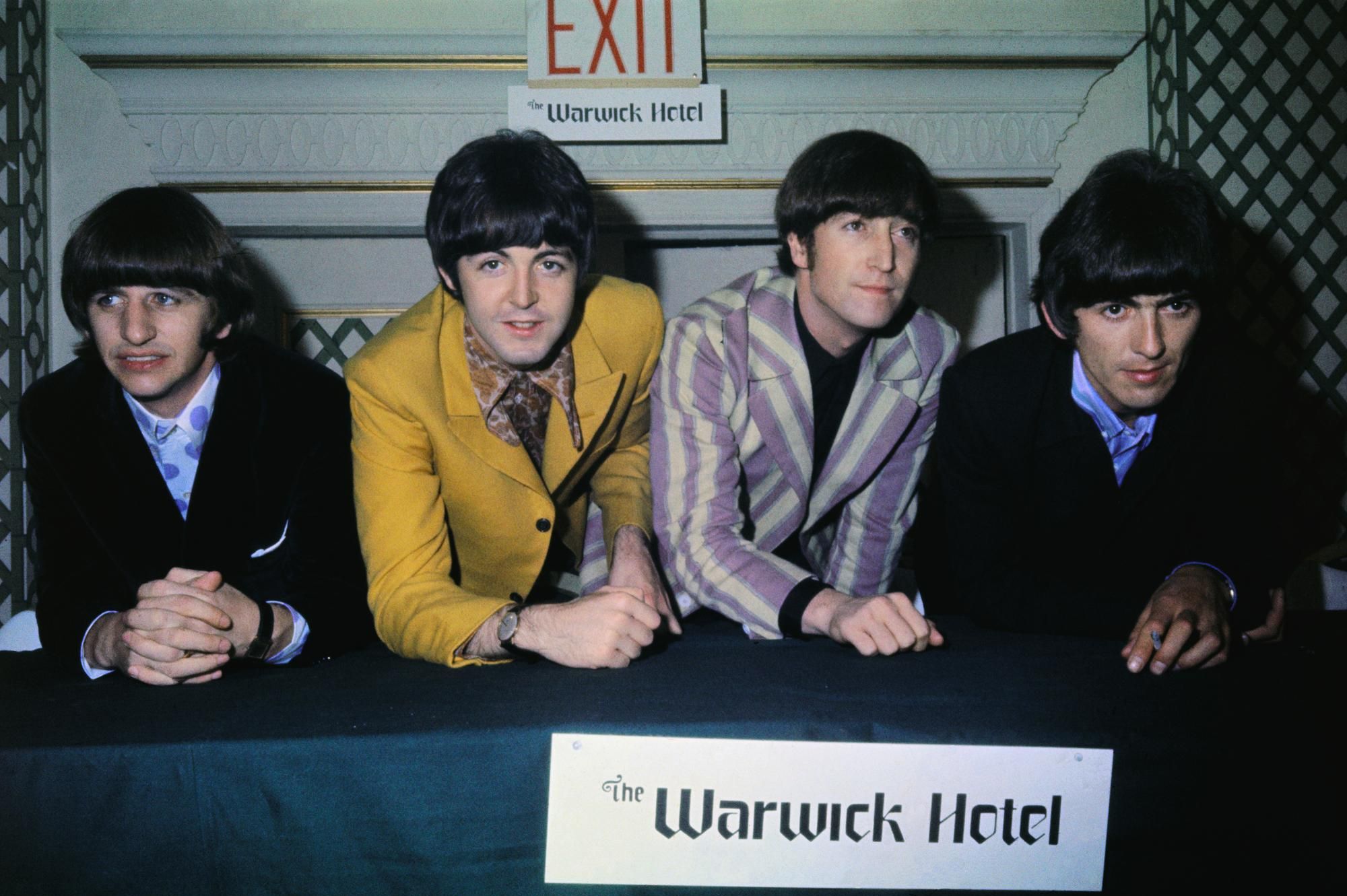In an intriguing and perhaps unnerving development, the iconic band from the past, The Beatles, is being resurrected through the power of technology. This futuristic venture, dubbed Chat, Paul, Bard, and Ringo, represents a digital reincarnation of the beloved group. However, before we dive into notions of Beatle Bots and Lucy In The SkyNet with Rhinestones, it is crucial to examine the actual details of this endeavor.
The focal point of this revival is the song “Now and Then,” which was initially recorded by John Lennon on a cassette as a rough piano demo back in 1978, just two years before his tragic demise. This recording possesses a lo-fi quality with faint background hiss. Lennon’s rendition features a restrained piano part and a sweetly melancholic melody delivered in a soft falsetto, occasionally accompanied by mumbled lyrics. The tone of the song conveys a sense of loving apology.
The cassette eventually found its way into the hands of McCartney, courtesy of Lennon’s widow, Yoko Ono. Lennon’s handwritten note accompanying the cassette simply read, “For Paul.” This personal touch adds a poignant layer to a song that could potentially address the bond between the two longtime collaborators: “Now and then I miss you/Now and then I want you to return to me.”
The surviving members of The Beatles had previously attempted to transform this demo into a new Beatles song for the Anthology project in 1995. Producer Jeff Lynne recalls that they spent a day working on a “backing track” that remained unfinished. McCartney later revealed that Harrison dismissed the song as “rubbish,” leading them to abandon the project.
Since Harrison’s passing in 2001, the dynamics within the group have shifted. McCartney acknowledged in 2012 that “Now and Then” still lingered in their minds, promising to finish it someday. That day has now arrived, thanks to advancements in technology. Artificial intelligence (AI) has become a versatile but often misused term encompassing various computer programming enhancements.
To clarify, McCartney did not utilize AI to generate lyrics using ChatGPT or employ a vocal emulator to replicate Lennon’s voice, although both options are technologically feasible today. Instead, McCartney leveraged technology developed for Peter Jackson’s 2021 documentary, Get Back. This technology trained computers to discern the voices of the Beatles and isolate them from background noise and other instruments, resulting in clean audio. By isolating and enhancing Lennon’s vocals, the original demo can be brought up to modern studio standards, with McCartney taking on the task of completing the song. Harrison’s contributions from the 1995 recording will also be included.
However, as Jeff Goldblum’s character cautioned in Jurassic Park, the fact that something can be done does not necessarily mean it should. The creation of AI-generated pop music imitating existing artists such as Drake, Rihanna, and Kanye West has sparked controversy. Current copyright laws make it challenging to monetize AI when it imitates living artists. On the other hand, entirely AI-generated pop music could flood streaming platforms, offering cheap, licensed alternatives to human-generated content.
Moreover, concerns are emerging regarding the rights holders of deceased legendary artists lending their names to AI-cloned voices. Albums featuring remixes of Elvis Presley, Billie Holiday, and others, accompanied by contemporary or orchestral backings, are already available. Will we soon witness entirely new music ostensibly by Presley, Jimi Hendrix, Michael Jackson, Whitney Houston, Amy Winehouse, or even The Beatles, without the input of their surviving members, McCartney and Ringo Starr? Would George Harrison have approved of such a casual, work-in-progress vocal performance beamed across the globe as a posthumous contribution to his illustrious career?
McCartney himself acknowledges reservations about the use of AI in music, recognizing the mix of excitement and fear that accompanies technological advancements. He believes it is the future and acknowledges that we must wait and see where it leads us.
Nevertheless, it is undeniable that we stand on the brink of a transformation that will undoubtedly alter the landscape of pop music forever. For now, fans of The Beatles have a final opportunity to hear the four members contribute to their remarkable discography. This melancholic ballad of loyalty and reconciliation could serve as a bittersweet epilogue to the Beatles’ story.
Let’s be honest – every Beatles fan craves to experience it. McCartney himself has dubbed it “the final Beatles record.” But is it truly the end, or is it merely another step toward an AI-driven future where musical careers never truly conclude but continue to proliferate through increasingly adulterated computer-generated iterations? Perhaps it is time for The Beatles to simply let it be.
Denial of responsibility! VigourTimes is an automatic aggregator of Global media. In each content, the hyperlink to the primary source is specified. All trademarks belong to their rightful owners, and all materials to their authors. For any complaint, please reach us at – [email protected]. We will take necessary action within 24 hours.


